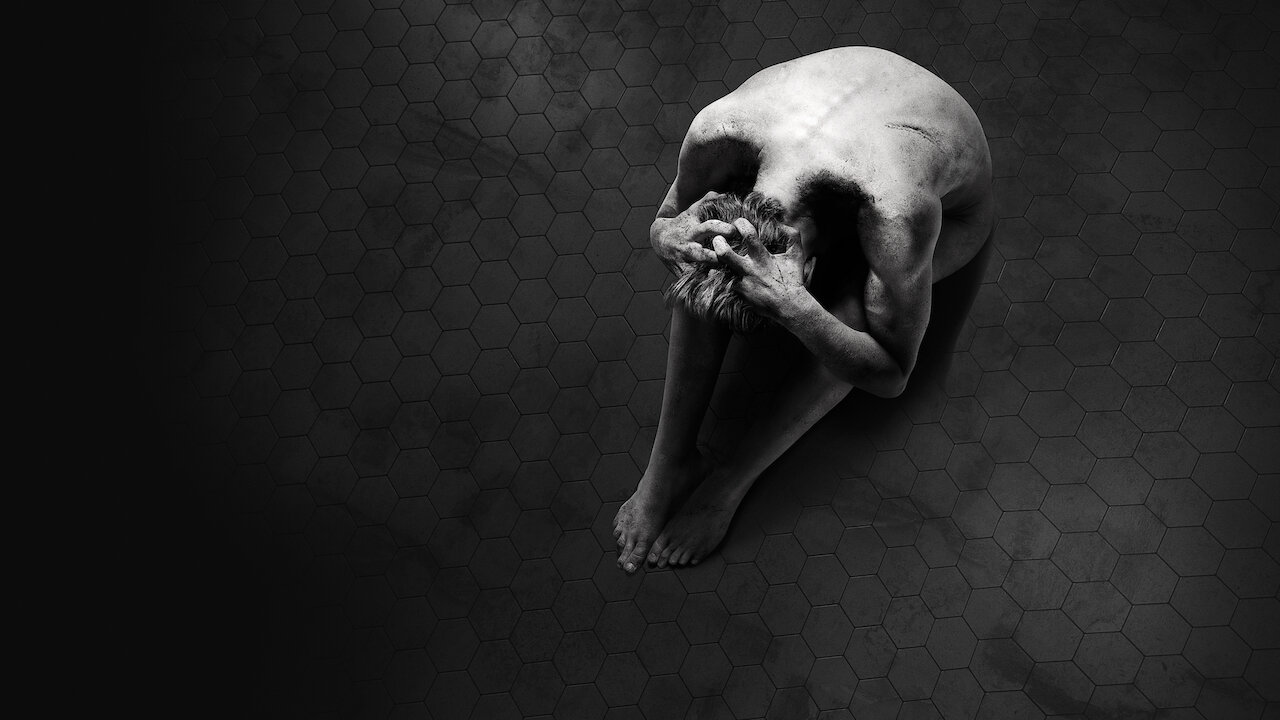
In what ways does the organization of space reveal who we are? How are spaces organized by anti-blackness, the white nation/state or settler colonialism, heterosexuality, homophobia, gender binaries and imperialist racial hierarchy? How do the inventions of a proper and modern human emerge from European enlightenment that constructs boundaries around “the self” that relate to social and political boundaries? At the same time, how is this process discursive, material, structural, and symbolic? What is the connection between places in the city and places in the psyche? What is the connection between the imagination, the self, place, and the construction of borders around the self, the territory of the political nation-state? What are the links between the psychic self and the production and creation of a “monstrous,” ghoulish other and the creation of borders, immigration laws, and fear of a constructed geographic other, for instance, Dracula? What does Dracula have to do with fear of a geographic other, immigration, or gender, race and sexuality that is linked to our psychic selves? These questions are at the foundation of pedagogy for many educators. As educators concentrate on how racial and other non-normative subjects are formed and how symbolic and material processes sustain racial hierarchies, they can examine how dominance is taught and how it might be challenged. Critical race theory, critical geography, postcolonial, and decolonial study approach is used to examine how we learn who we are and how pedagogies of citizenship (who counts and who does not) operate in concrete places-- bodies, nations, cities, and institutions. In this course, you will learn about the production of identities in specific spaces. The course is taught from both the perspective of an educator and a researcher. The compelling question for educators is how to interrupt the production of dominant subjects. As a researcher, it is essential to understand how racial, gender and sexuality and “monstrous” differences, formations and identities are produced in specific places. A particular focus will be placed on the spatial-racial-gender violence of settler/colonialism, racial capitalism, and euro-north American imperialisms. Through this course, students learn how this violence are related to empires and nation-building and how they participate in these racial, sexual and gendered social arrangements. Next, we discuss how racial violence is sexualized and gendered. After focusing on psychoanalytic perspectives, the readings explore how whiteness, masculinity, and heterosexuality have been defended about ongoing racial dominance. Our course ends with a study of Black and abolitionist projects that disturb the dominant organization space and disrupt it.
- Kursverantwortliche/r: Andrew Thomas
Semester: SoSe 2024